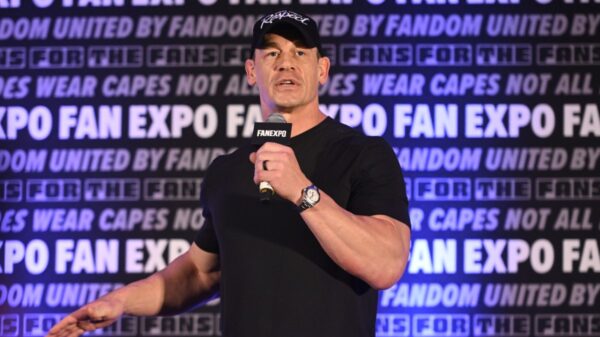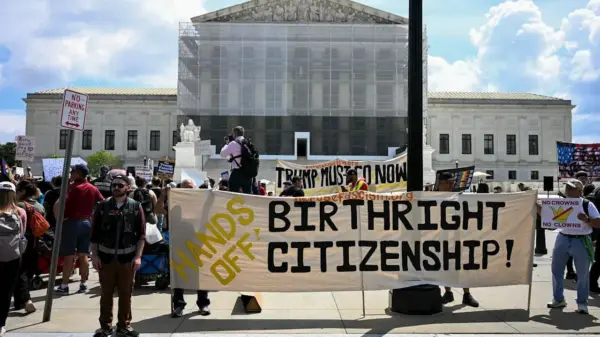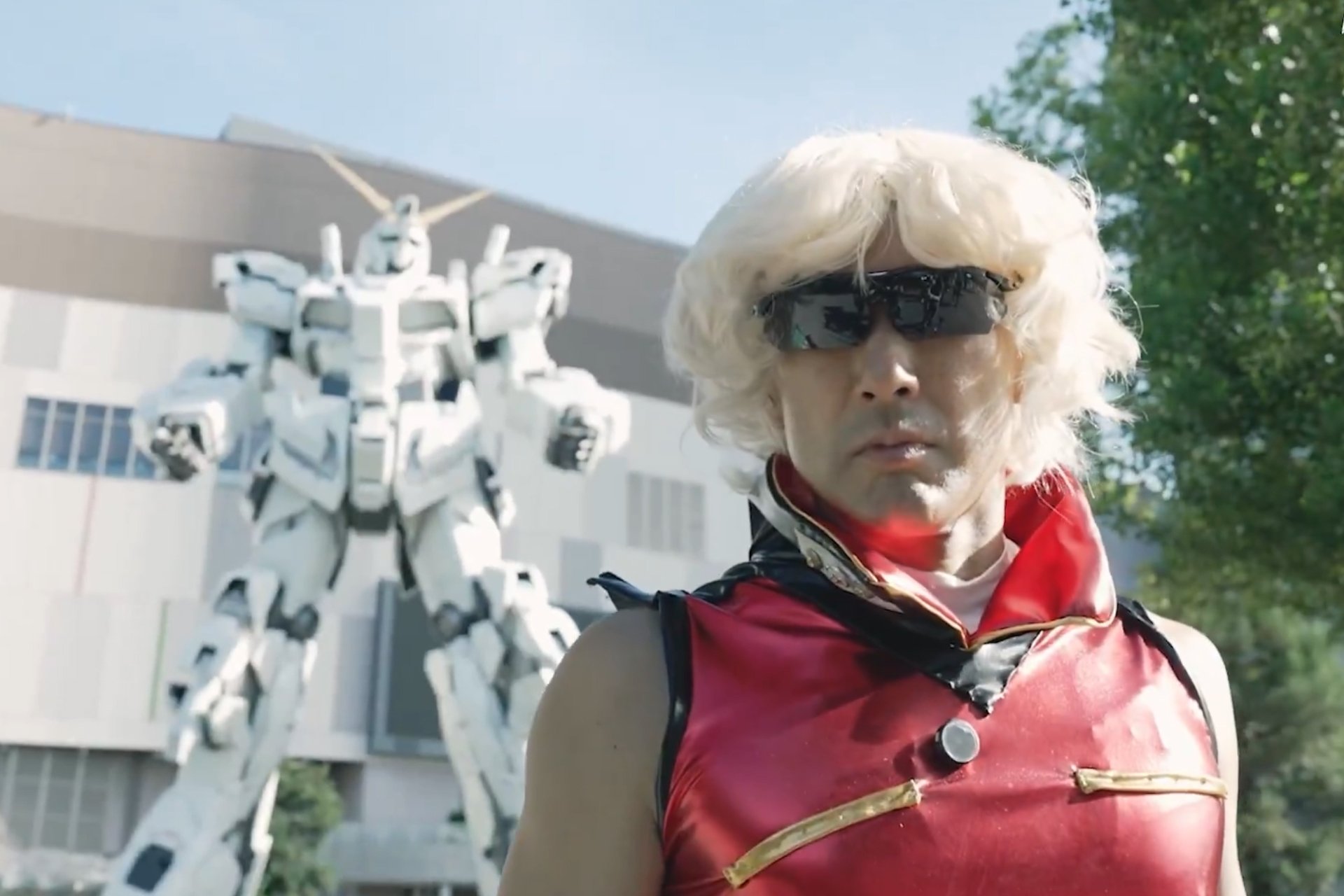UPDATE: Bandai Namco Filmworks has urgently called on politicians in Japan to cease using beloved Gundam characters for campaign purposes, following a controversial incident involving prominent politician Taro Yamamoto. On July 10, 2025, Yamamoto, the founder of the left-populist party Reiwa Shinsengumi, sparked outrage after appearing in a campaign video dressed as Quattro Bajeena outside the life-sized Unicorn Gundam statue in Odaiba, Tokyo.
The video, intended to rally support for the upcoming elections for the House of Councillors, quickly went viral but drew sharp criticism from both rival politicians and social media users. Critics argued that leveraging the Gundam franchise for political gain was inappropriate, especially given the franchise’s complex themes around power and humanity.
In a significant move, Sunrise, the studio behind Gundam, released an official statement condemning the use of their characters in political contexts. The statement read, “In the 2025 House of Councillors election, some candidates were campaigning using cosplay-style costumes and videos… However, this was not approved by Bandai Namco Filmworks Inc. and our company does not support any particular candidate.” This marks a clear stand against the blending of pop culture and politics, as they aim to protect the integrity of the Gundam brand.
The backlash against Yamamoto’s skit intensified, fueled by comparisons to the character Char Aznable, known for his duplicitous political maneuvers in the Gundam series. Critics pointed out the irony in a politician dressing as a character associated with manipulation and power struggles while trying to earn public trust.
The incident highlights a growing trend where politicians worldwide incorporate pop culture into their campaigns, raising questions about authenticity and respect for cultural icons. As political campaigns increasingly intersect with entertainment, the Gundam franchise’s response may set a precedent for how other media properties handle similar situations.
What happens next? With the election approaching on July 25, 2025, it remains to be seen how this controversy will impact Yamamoto’s campaign and the broader political landscape in Japan. Observers will be watching closely for any further developments as public sentiment evolves.
This incident serves as a reminder of the delicate balance between pop culture and political messaging, and the potential consequences when that line is crossed. Bandai Namco Filmworks’ firm stance may resonate with fans and political analysts alike, emphasizing the importance of respecting cultural narratives amid political discourse.




































































